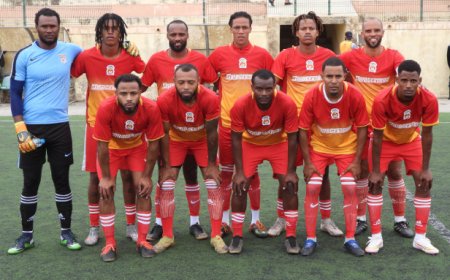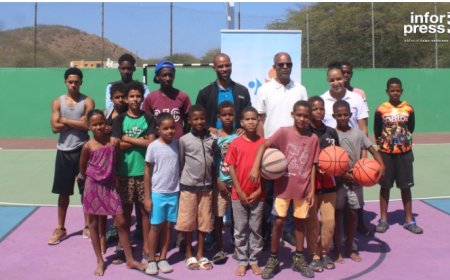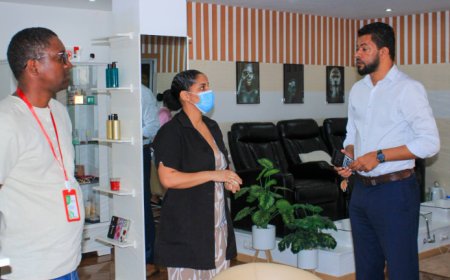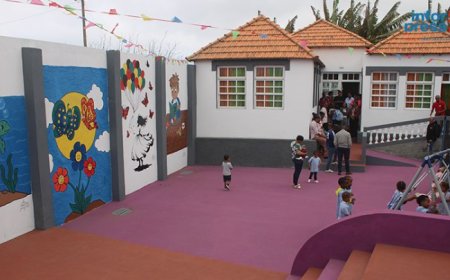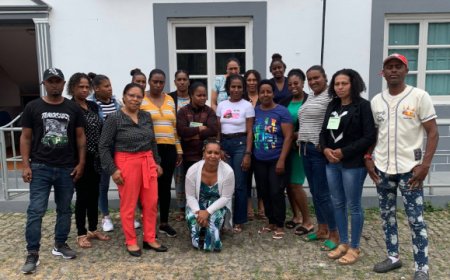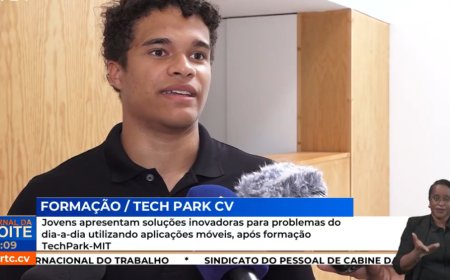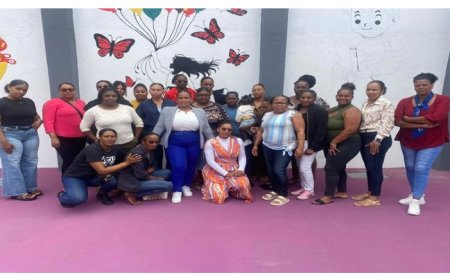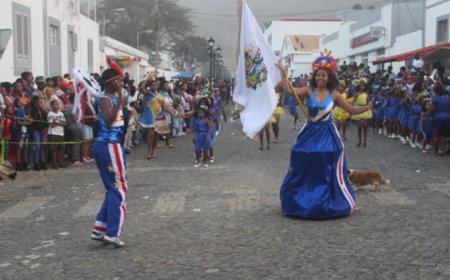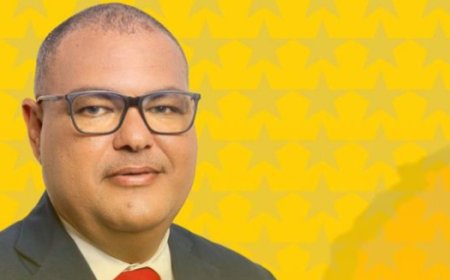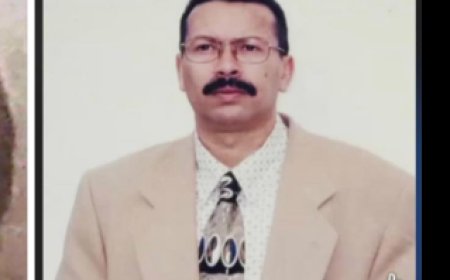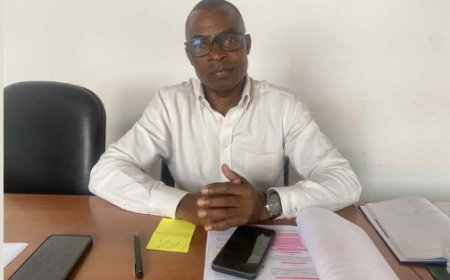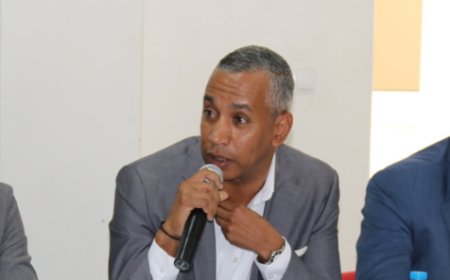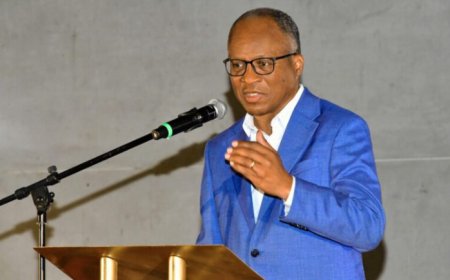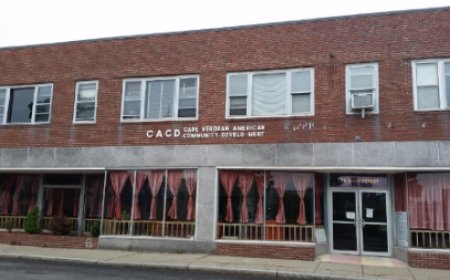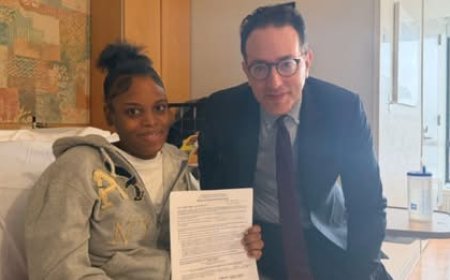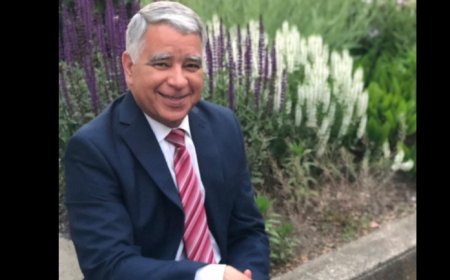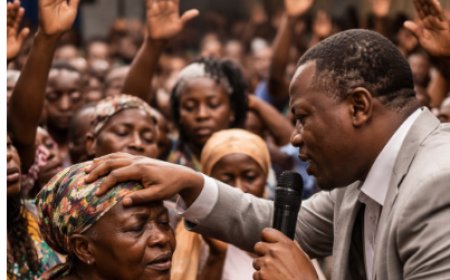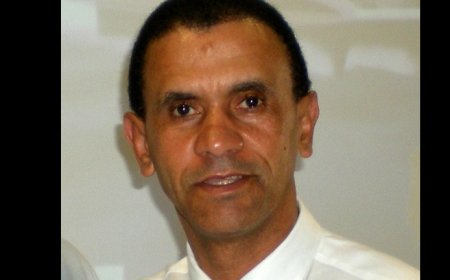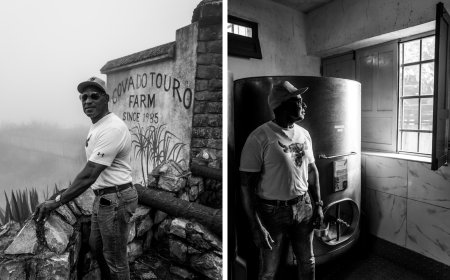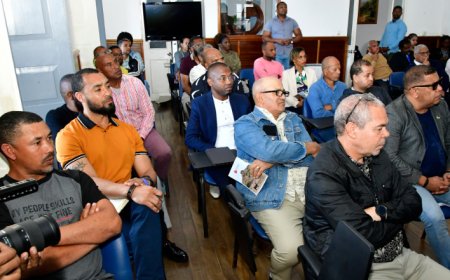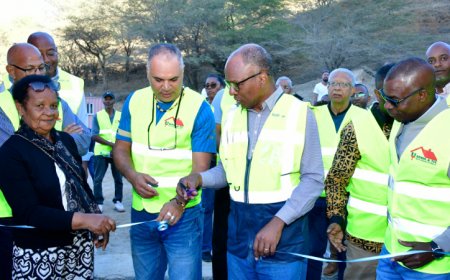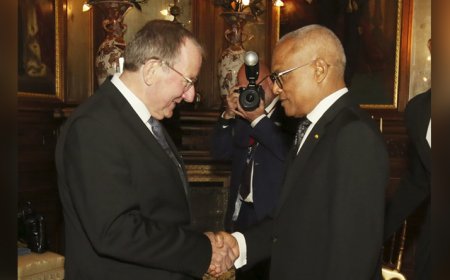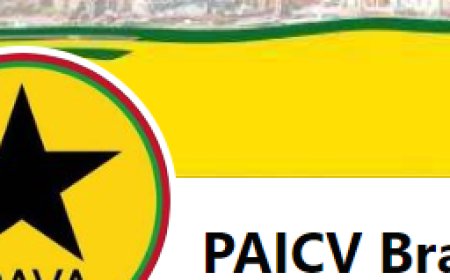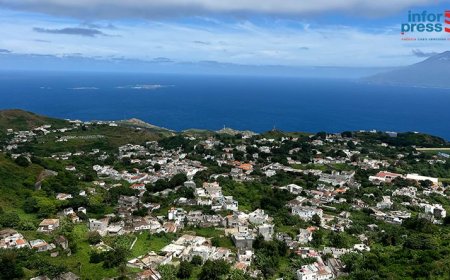Brava opens debate on the 2026 Parliamentary elections with criticism of parliamentary representation and a call for greater political combativeness
Nova Sintra, November 24, 2025 - A few months ahead of the 2026 Legislative Assembly, a movement is growing on the island of Brava to reflect on and demand more from the National Representatives elected by the local constituency. An analysis made public by João Paulo Gomes Rocha da Silva, a local resident, has reignited the debate on the effectiveness of Brava's representation in Parliament and launched a direct appeal to future candidates: "Brava demands more".
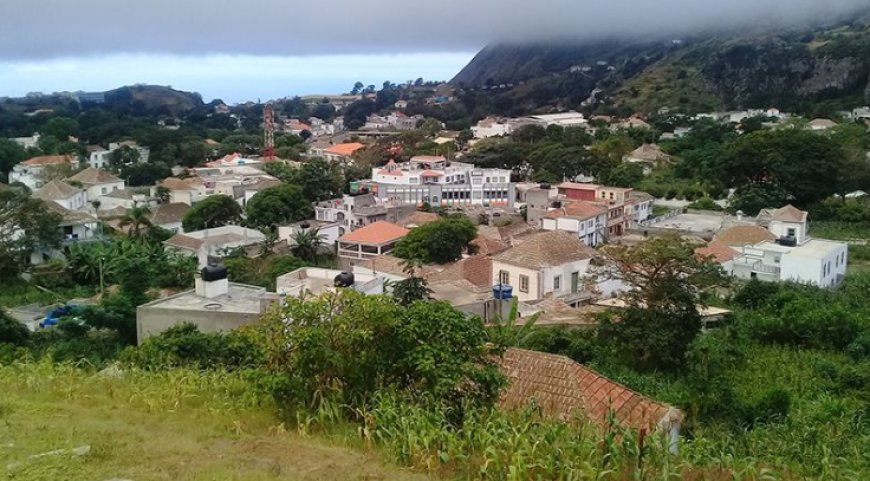
In the text, João Paulo Gomes Rocha da Silva revisits the performance of the successive deputies elected by the island, stressing that although all of them have shown political engagement and made a commitment to represent Djabraba, the public perception of their work remains ambivalent. For some, the representatives fulfilled their role; for others, they lacked assertiveness, visibility and firmness in national debates.
The author points out that, in a democratic system, the evaluation of the mandate is "inherently subjective", but insists that there is a growing consensus in the population: Brava is entitled to stronger, more audible and more incisive representation in Parliament. And he goes further by pointing to the example of MPs from islands like Santiago and São Vicente, who often use their parliamentary time to defend the interests of their communities as a priority.
Rocha da Silva says that Bravenses' MPs not only can, but should, follow the same path - "or even more", given the island's particular vulnerability due to its dual insularity. At the top of the list of priorities, he lists issues that have dominated the local agenda for years: maritime transport, access to health, education, and economic development.
For the munícipe, loyalty to voters should be above party discipline, even if this means occasional disagreements with the party line. "Their primary loyalty should be to those who elected them - the people of Brava," he writes.
With the 2026 Legislative elections on the horizon, the appeal leaves no room for doubt:
-
More parliamentary visibility for Brava;
-
Proactivity in presenting proposals and solutions;
-
Political courage to defend the island's interests above any party alignment.
Despite the criticism, Rocha da Silva declares himself a "convinced democrat" and expresses the expectation that his party, the MpD, will win the two seats allocated to the Brava constituency. However, acknowledging the history of an even split of seats (1-1), he leaves one final demand: regardless of the result, that those elected "represent our Djabraba and defend it tooth and nail".
The reflection comes in a context in which the Bravense population continues to demand greater attention from the central government and parliament, at a decisive moment for the preparation of candidates, the definition of programs and the start of pre-election campaigns.
With this text, political discussion within the community is gaining momentum and promises to mark the coming months before the elections.
MS






